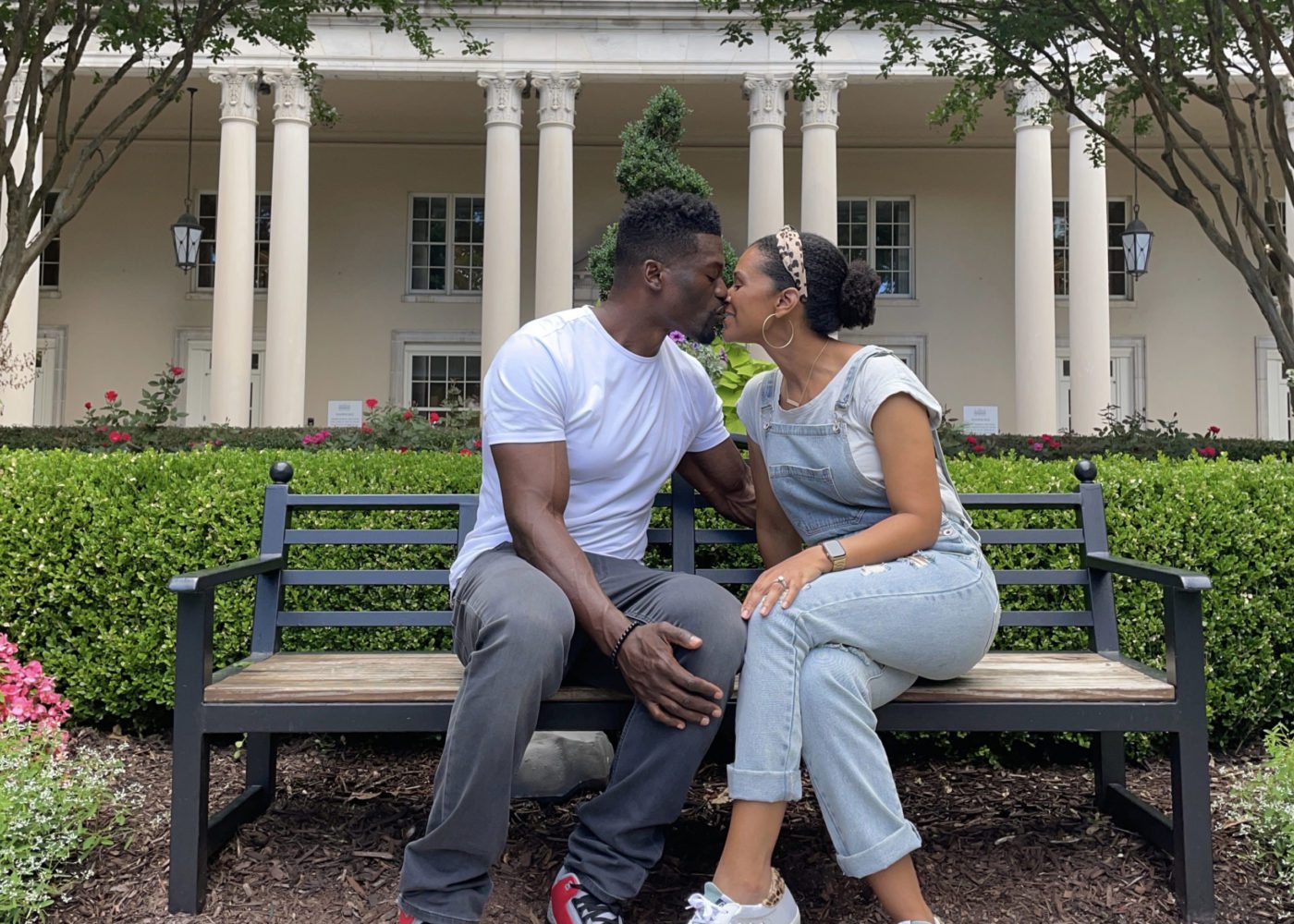Assumptions are part of life. They’re kind of like a shortcut. For example, you assume traffic will be “typical” this morning, so you leave for work at your normal time. Of course, you could take the time to check the traffic every morning before you left. And if you did, every so often, you’d realize there was an accident or construction delaying traffic, and you could plan accordingly. But most of us normally make the calculation that it’s not worth the extra time and it’ll be fine. And typically it is—until it isn’t.
Assumptions in relationships can also be a type of shortcut. They are a way of framing our relationships with our wives without doing the work to figure out what’s actually true., which is fine, unless your assumption turns out to be false. And according to research by the University of Texas at Austin, the average person makes about three errors every hour. So there’s a good chance you have an assumption or two that isn’t correct. Here are 5 assumptions I’ve often encountered that will hurt your marriage.
1. Soulmates exist.
You’ve no doubt heard the term “soulmate.” It’s the idea that there’s one person who has been made just for you and you are somehow incomplete until you find her. The quiet danger of this idea is how selfish it is. When we think “soulmate,” we typically think of our desires, dreams, and expectations and how we would love to find someone who makes all those things a reality. At the front end of most relationships, this can seem plausible. But eventually, you have to get down to the day to day work of making a life together. And this assumption can put a lot of pressure on your wife to be the person you dreamed she would be as opposed to who she actually is.
And this is the danger of assumptions in relationships. They can cause us to deal more with our ideas about the relationship than with the relationship itself. A much healthier approach to marriage recognizes that marriage isn’t magic. It’s the hard but meaningful work of committing to and learning to love a very different person.
2. She’ll change.
Is there anything about your wife that drives you nuts? Stupid question? Probably. Perhaps you’re one of those few people who married a person who doesn’t have a single characteristic that rubs you the wrong way. But if you did, you’re in the minority. The vast majority of us find ourselves married to a person who has a couple of tendencies or perspectives we can’t stand (by the way, the same is true of you). But unfortunately many of us are holding on to the assumption that she’ll eventually change.
Of course the problem here is she probably won’t. Sure, people change. But they rarely fundamentally change. Maybe she’ll become less of a perfectionist or more of a planner, but she may not. And assumptions in relationships can cause you to resent her for not living up to your expectations, which isn’t her job. Instead of focusing on how she needs to change, why not pay attention to ways you need to change? It’s the only thing you can really control anyway. Perhaps your growth will spur on growth in her. Or perhaps your growth is actually the issue anyway.
3. Counseling is for “those” people, the ones with serious problems.
Everyone has issues in marriage. Conflict, disagreement, frustration—this is just part of what happens when two different people come together to make a life. Certainly having a fight doesn’t mean you need to see a counselor. However, I’m always surprised when I speak with someone who keeps running up against an issue with his wife again and again, and they can’t work it out, but when I suggest counseling, he responds, “Oh, it’s not THAT bad.”
One of the dangerous assumptions in relationships is that if we’re in a healthy relationship, we shouldn’t need help. But we all need help at different times in most areas of life. That’s not a sign of failure or poor health but that you aren’t perfect. We’re all imperfect and learning as we go. Perhaps another way to think of a counselor is as a coach. Sometimes you need someone with some expertise to give you some pointers on your golf swing to improve your game. That’s not a sign of failure but of a desire to be your best. Don’t you want to be your best in marriage, too?
4. You shouldn’t have to go first.
How many times have you had an argument with your wife where you both got a little heated and said something you shouldn’t have? Or maybe you’ve lost some of the romance in your relationship. You’re both busy with work and parenting and life, and you need to reprioritize each other. Who should make the first move when a move needs to be made? Who should go first?
The answer is “you.” It’s always you. Don’t get me wrong—it’s not because you’re the man. If I were writing for iMOM, I’d say the same thing. As soon as you know something needs to be done that you have the power to do, do it. We can’t wait around for someone else to make the right choice. One of the dangerous assumptions in relationships is that you need to take turns going first. You might think, “I initiated last time. She needs to do it now.” But that’s just silly, and, if I’m honest, juvenile. If you see an issue, address it. If you did something wrong, ask for forgiveness.
5. Marriage shouldn’t be hard.
I once read a celebrity commenting on why she and her husband got divorced. Her comment was that “marriage shouldn’t be this hard.” Now, I don’t know anything about that marriage, and certainly there are degrees of “hard.” But we can often come into marriage assuming that marriage will solve all of our problems. However, marriage is the bringing together of two flawed people. Why would that be easy?
One of the dangerous assumptions in relationships is that the other person will somehow make my burdens lighter. Of course the idea is that you now have someone who will shoulder those burdens with you. But you’re helping her carry hers as well. Most marriages are hard. But hard doesn’t mean bad. Working out is hard. Starting a business and running it to success is hard. Parenting is hard. Most things worth doing are hard. And accepting that from the beginning will enable us to prepare well and persevere with hope.
Sound off: What assumptions did you have coming into marriage that you’ve since dropped?











Huddle up with your kids and ask, “When you grow up, how do you think you’ll know when it’s a good idea to marry someone?”